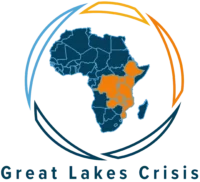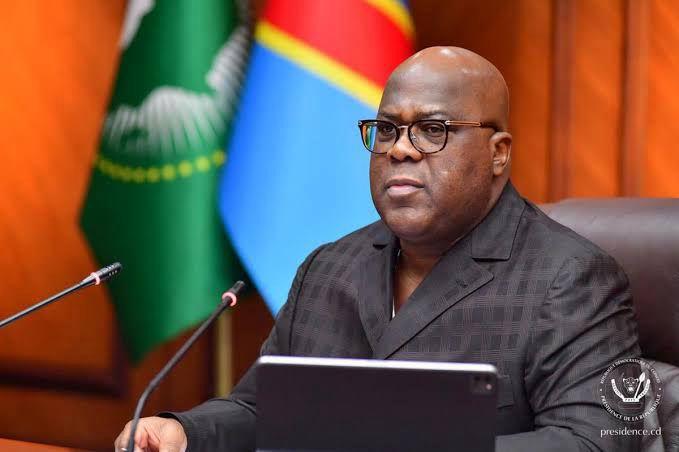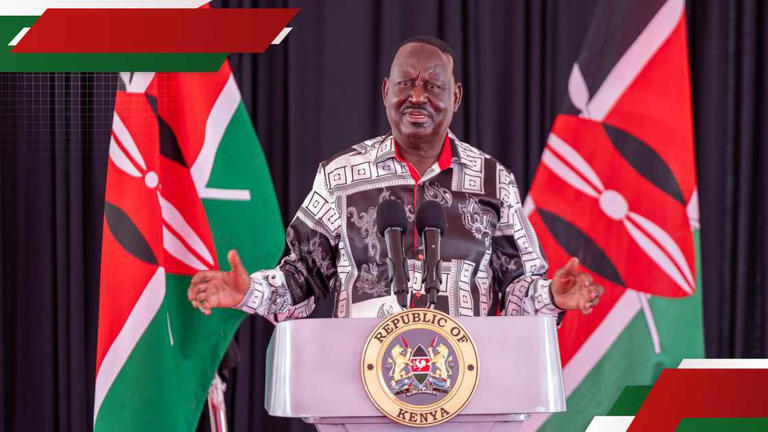As the Democratic Republic of Congo endures a period of significant political and security instability, a new storm is sweeping across Kinshasa: the ongoing process to lift the parliamentary immunity of Joseph Kabila Kabange, former President of the Republic and senator for life. This move, initiated by the indictment from the Auditor General at the High Military Court, has deeply shaken the Congolese political class, exposing a sharp divide between advocates of the rule of law and those warning of authoritarian drift masked as justice.
A Controversial Procedure in the Senate
For several weeks, the Congolese political sphere has been the stage of heated debates over the admissibility of the request to lift Kabila’s immunity in the senate. While some senators, such as Mwando Katempa, have called for respect ofArticle 224 of the Senate’s internal regulations; which requires a joint session of Parliament for such a procedure; others have backed the judicial prosecution approach. Several legal experts, including Professor Oyemba Laurent, supported this position, denouncing a deeply flawed and unlawful procedure.
In the same spirit as Florimond Muteba, Chairman of the Board of the Observatory of Public Expenditure (ODEP), who openly denounces the abuses of the current regime; including the disregard for the rule of law, the arbitrary seizure, and looting of former President Joseph Kabila’s assets; he firmly emphasizes that national cohesion must take precedence over the various peace processes being pursued abroad, whether in Doha, Nairobi, Luanda, or the United States.
On Thursday, March 15, 2025, all eyes were on the upper house of Parliament. Behind closed doors, the Congolese Senate recently debated the indictment submitted by the FARDC’s Auditor General, Lieutenant General Lucien-René Likulia Bakuma. He accuses Kabila of supporting the AFC/M23 rebel coalition and of participating in an insurrectional movement, war crimes, and crimes against humanity.
Serious Allegations, Weak Evidence
Part of the case rests on statements by Eric Nkuba, a former aide to Corneille Nangaa, who was arrested and sentenced to death. Nkuba allegedly heard Kabila in Kampala discussing with Nangaa a supposed Rwandan plot to assassinate President Tshisekedi. According to Nkuba, Kabila suggested a coup instead to remove his successor.
But the problem is: Nkuba’s claims are tainted by doubt and possible coercion. Many believe his confession was obtained under torture. He later denied the very claims used in the indictment. This raises serious concerns about the reliability of the evidence.Furthermore, several key pieces of evidence; such as Kabila’s alleged presence in Goma; have been refuted by major international news outlets (TV5 Monde, RFI, Reuters), further undermining the case.
Trial or Political Witch Hunt?
Beyond the accusations, the procedure raises serious legal and constitutional concerns. According to experts like Professor Bola Frédérick and lawyer Laurent Onyemba, the process is flawed both in form and substance. On one hand, the military prosecutor has no legal authority to prosecute a civilian; especially a former head of state; before a military court. On the other, the lifting of a senator-for-life’s immunity can only be decided by the full Congress, not the Senate alone.
To many observers, the message is clear: this is political persecution. it appears to be a poorly disguised as political strategy to weaken a formidable opponent. Former Senator Francine Muyumba denounced what she described as a weaponization of the judiciary and a blatant disregard for constitutional norms. She warned of creeping authoritarianism and the systematic erosion of the rule of law.Echoing her concerns, political opponent Emery Okundji argued that the senator-for-life status is a constitutional guarantee meant to protect former heads of state. “We must avoid conflating justice with political revenge. The country needs unity,” he emphasized.
Moreover, the 2018 law on the status of former presidents and Article 107 of the Constitution provide specific protections that this legal process appears to overlook. From this angle, lifting immunity becomes a political theater, aimed less at uncovering the truth than at scoring symbolic victories over a now-unwelcome enemy. National unity calls clash with deepening polarization, with both camps accusing each other of seeking to destabilize the country.
Tshisekedi: A President Looking for a Scapegoat?
President Félix Tshisekedi has not escaped criticism. Many observers see the legal move against Kabila as a smokescreendesigned to distract from his administration’s mounting failures: widespread insecurity, worsening poverty, dysfunctional public services, and weakened institutions. One Kinshasa resident summed it up on social media:
“Jobs? Roads? Schools? Water? Justice? Nowhere to be found. But when it comes to political theater, the whole country is summoned.”
Since 2019, relations between Félix Tshisekedi and Joseph Kabila have steadily deteriorated, president Tshisekedi is also accused of systematically dismantling Kabila’s post-presidency privileges; withdrawing his security detail, suspending his pension, conducting politically motivated raids, and seizing assets and party offices.
Between Judicial Truth and Political Manipulation
Justice must not be driven by vengeance or political calculation. The credibility of any legal proceeding rests on the impartiality of the process and the integrity of the evidence.What’s more troubling is the precedent this case could set: if a former president’s constitutional immunity can be lifted through irregular procedures and unverified claims, no political figure will be safe from politically motivated retaliation.
Conclusion : A Nation on the Brink of Institutional Breakdown
At a time when the DRC is facing existential challenges; war in the East, economic crisis, urban insecurity, and a collapsed state apparatus ; the country seems consumed by political score-settling.Yes, justice must prevail. But it must do so within the bounds of the law. Anything less only deepens national division, undermines faith in democratic institutions, and feeds the growing perception that justice in the Congo is selective, politicized, and weaponized.
Which brings us back to the core question: Is this about justice, or vengeance? As one senator put it:
“Do you really think lifting Kabila’s immunity will bring peace?” or will it only deepen an already explosive crisis?”


